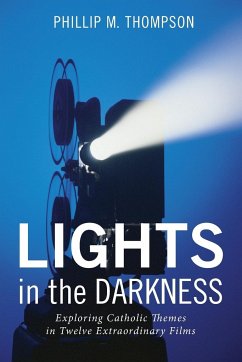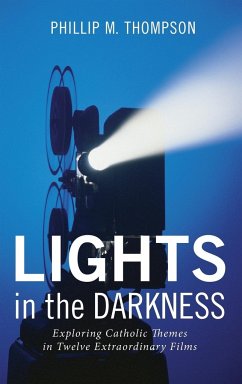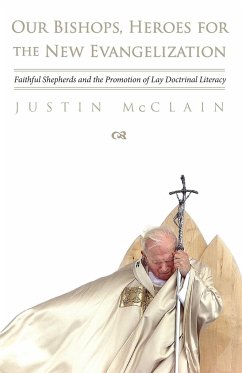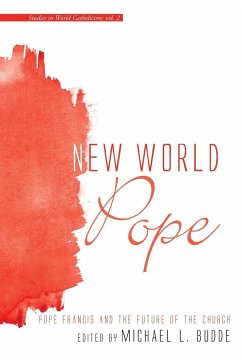Americans currently spend on average more than ten hours a day in front of a screen. Some of that time can now be a source of profound ethical reflections and spiritual insights thanks to this refreshing book. The primary goal of Lights in the Darkness is to explore the themes of grace, redemption, pilgrimage, conscience, justice, faith and reason, the common good, sacramentality, and wisdom in twelve award-winning films. In addition to unpacking these themes, each chapter provides background information on the relevant historical moment and explores the development of the film. Questions at the end of each chapter helps to connect the themes in each film to the lives of the reader. Film is a powerful and unique artistic medium and now you have a resource to connect its wonders to your faith by reading this book and watching these films.
Hinweis: Dieser Artikel kann nur an eine deutsche Lieferadresse ausgeliefert werden.
Hinweis: Dieser Artikel kann nur an eine deutsche Lieferadresse ausgeliefert werden.








